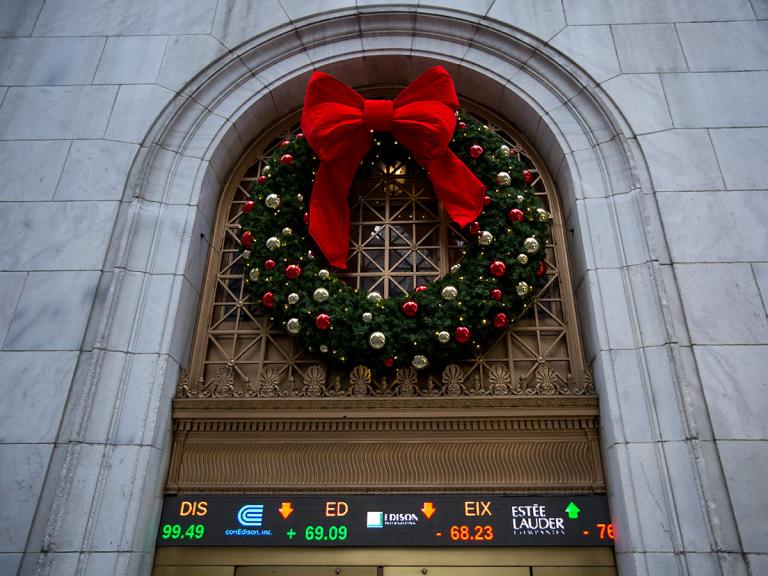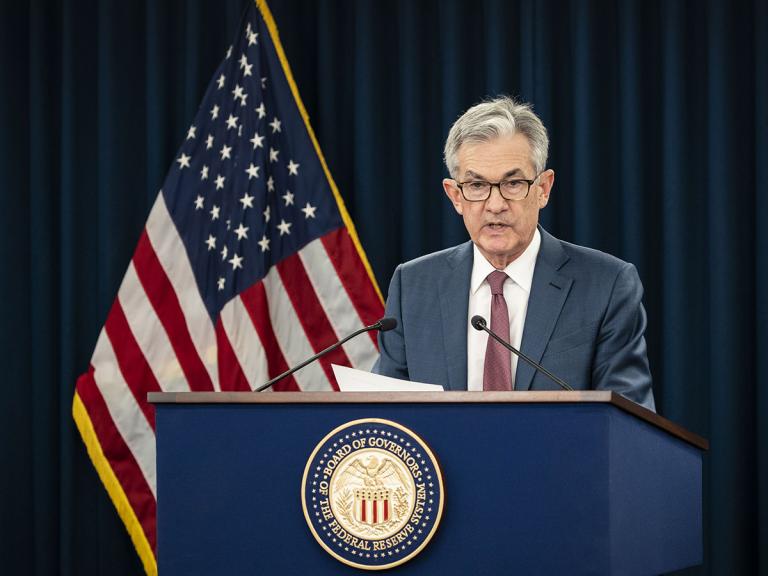While European markets managed to finish last week on a positive note it wasn’t enough to prevent a quarterly decline for both the DAX and CAC 40, although the FTSE100 managed to buck the negative trend, helped by solid gains for the likes of Rolls-Royce, BP, Shell, as well as housing with Taylor Wimpey leading the way in this sector.
US markets had a similarly disappointing quarter, as well as finishing the week on a downswing as both the Nasdaq and the S&P500 posted their worst monthly performance this year, on concerns that US lawmakers wouldn’t be able to put together a deal to avoid a government shutdown.
As it turns out a deal was struck over the weekend as Republican and Democrats kicked the can down the road and reset the clock for another 45 days until 17th November when we’re likely to have to go through the same political circus. Nonetheless the fact that US lawmakers have bought themselves more time has come as a relief with markets in Europe set to open higher this morning.
It also means markets can turn their attention back to the economic data, and focus on last Friday’s core PCE deflator inflation numbers which showed a further easing of inflationary pressure in August, slipping to 3.9% from 4.3%. This is welcome news for those who worry that inflation in the US is proving sticky, with personal spending slowing to 0.4% from 0.9%.
US yields had a somewhat mixed week last week with the 2-year yield slipping back from 17-year highs, while the 10-year yield posted its fourth successive weekly gain closing at 4.57% and its highest level since October 2007. The sharp rise in the long end of the yield curve is a particular worry for markets suggesting that investors are losing faith in the idea that rapid rate cuts are coming.
Friday’s data also shifts the focus to this week’s jobs market data, with the latest ISM manufacturing and services reports for September as well as the ADP, and more importantly the non-farm payrolls numbers which will now be released as expected with the shutdown averted.
Last week also saw welcome news on the inflation front in Europe after the latest EU CPI for September slowed to 4.3% from 5.2% in August, its lowest level since October 2021, while core prices slowed to 4.5%, in a sign that the ECB may have been a little too hasty on raising rates by 25bps last month.
Today’s manufacturing PMI numbers are expected to reinforce that with another set of weak and contractionary readings from Spain, Italy, France and Germany. Expectations are for modest improvements for Spain and Italy to 46.6.and 45.8, while France is expected to sink to 43.6 from 46, while Germany is expected to see a modest uptick to 39.8 from 39.1.
UK manufacturing PMI isn’t expected to be that much better, although we can expect to see an improvement to 44.2 from 43, putting us firmly in the middle of the pack, when it comes to economic activity.
On a more positive note, on Friday, we found out that the UK economy is in slightly better shape than was first thought with another set of GDP revisions which showed the UK economy is bigger than it was pre-Covid. The data also showed that the economy has grown faster than France and Germany post pandemic. On the downside there was a softening in mortgage approvals to a six-month low.
EUR/USD – rallied off the 1.0480 area last week. A move below 1.0480 retargets parity. The main resistance remains back at the 1.0740 area, which we need to get above to stabilise and minimise the risk of further weakness.
GBP/USD – broken a run of 6 daily declines last week rallying from 1.2110, although we still have a bias for a retest of the 1.2000 area. We need to see a recovery through resistance at the 1.2300 area in the short term. Only a move back above the 1.2430 area and 200-day SMA stabilises and argues for a return to the 1.2600 area.
EUR/GBP – slipped back towards the support at the 0.8620/30 area last week, after failing to overcome the 0.8700 area and resistance at the 200-day SMA at 0.8720, which is capping the upside. A break of 0.8720 targets the 0.8800 area, however while below the bias remains for a move back to the 0.8620 area.
USD/JPY – still feels like it is heading higher with a move above the 150.20 targeting last year’s peak at 152.00.






